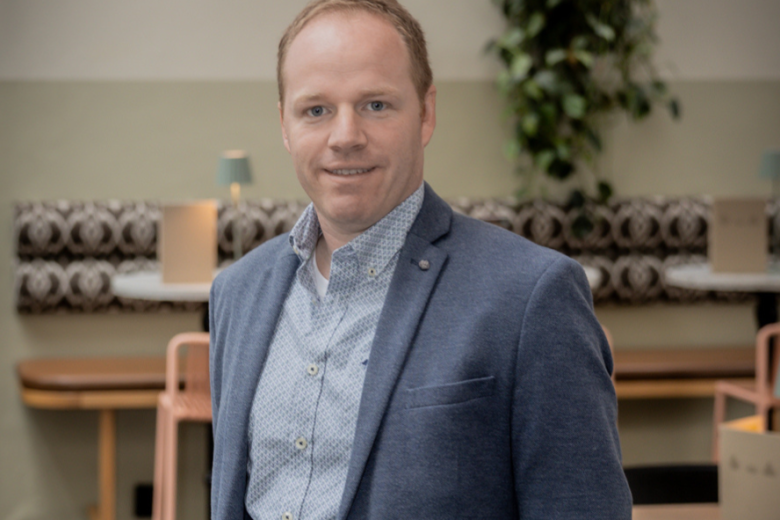Anna Gudimova: balancing two bachelor’s at the same time
Students at our faculty are committed to making an impact on health, well-being and society. These are the inspirational stories about students who go above and beyond to reach their goals. Let’s meet Anna, a Greek first-year bachelor’s student who is taking on Biomedical Sciences and European Public Health at the same time.
Up for the challenge
When Anna first applied for Biomedical Sciences at Maastricht University, she had a deficiency. Because she was unsure if she would be able to start Biomedical Sciences, Anna also applied for European Public Health. “I started applying for Biomedical Sciences because I wanted to learn about medical research. But when I found out about European Public Health, I also became interested in the laws and ethics of health.”
Led by her curiosity and ambitious nature, Anna eliminated her deficiency and started with two bachelor’s programmes.
Anna chose Maastricht University for her challenge, because of its international character and Problem-Based Learning system. “I attended a university in Greece for two years. Spoon-feeding information was still the go-to educational system there. This isn’t the case at all at Maastricht University. Problem-Based Learning is a very active way of learning, together with other students.”
Theoretical versus technical skills
“European Public Health lets you learn from institutions such as the WHO and you can improvise on it by coming up with policies and ethical questions. In Biomedical Sciences, everything is related, if you do not cover the nervous system, you cannot work in the lab on the topics that follow up on the nervous system. Both programmes are demanding, but in their own way.”
Anna can connect the dots between topics that are covered in both programmes: “I can look at the same topic from two perspectives, which makes studying a bit easier for me.”
A different view on medical issues
Let’s take high cholesterol as an example. In the labs of Biomedical Sciences, Anna learns about the detailed underlying mechanisms that lead to elevated levels of cholesterol in the blood. Anna can take that knowledge into European Public Health and better understand the European guidelines on cardiovascular disease prevention.
Study tips from an expert
Anna’s week is fully packed, but up until now she feels like she is coping. A well though-out schedule is the basis for her week. “The university is very supportive for students looking to manage their study load. Besides study advice, they also organise study smart sessions.”
Anna uses ‘distributed practice’ to cover all of her material. This means you start studying long enough before exams to be able to study the material several times for a shorter amount of time. For example, five hours spread out over two weeks instead of five hours in one go. This strategy is easily applicable in Problem-Based Learning: after you review information from your most recent class, make sure to go back and study important older information.
Also read
-
Is prevention cheaper than cure?
Preventing disease is not always cheaper than treating it — but it can be vital for keeping healthcare affordable and accessible. Professor Mickaël Hiligsmann (VHC), newly appointed Professor of Health Preferences and Economics of Prevention at CAPHRI, studies how preventive measures can deliver...

-
Sophie Jooren - Compliance to local tobacco policies
Whether a specific intervention to create a smoke-free outdoor environment is effective or not has been widely studied. However, to improve compliance, policymakers need to understand how smokers react to those interventions and the factors influencing their compliance.

-
Sweeteners help maintain weight loss after dieting
Overweight people who want to lose weight successfully are better off supplementing their healthy diet with sweeteners than with foods containing sugar products. An international study, in which Maastricht University (UM) participated, shows that people who supplement their diet with sweeteners are...
